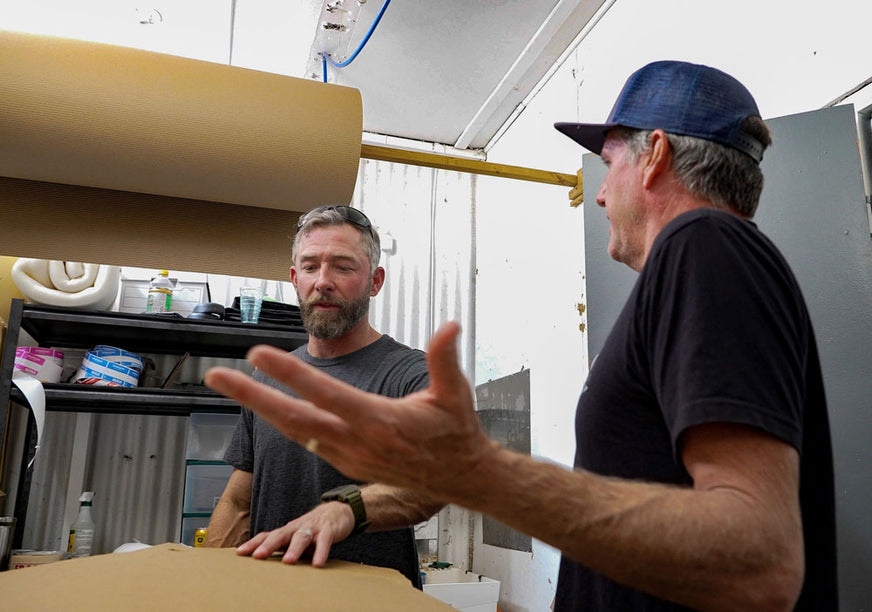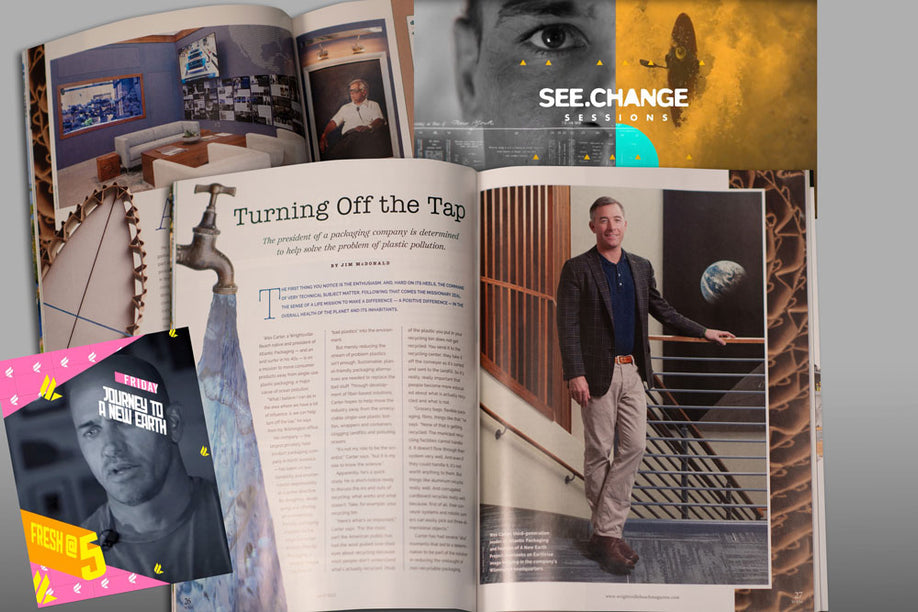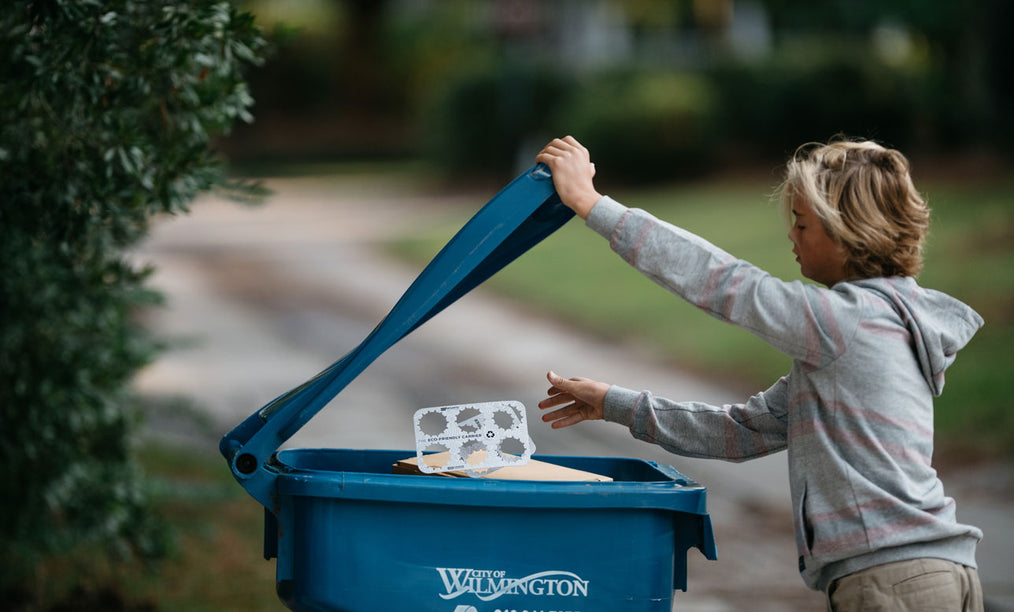In this series, we've been breaking down the five essential requirements of a functioning recycling system. Together, they form the foundation of what we call The Recycling Reset - a roadmap for what recycling could and should be.
Our goal isn’t to romanticize the current system. It’s to redesign it - because the one we have isn’t just flawed, it’s broken. And we owe it to future generations to fix it.
At this point, everyone knows recycling in the U.S. is riddled with inconsistencies and inefficiencies. But as we push for real, circular solutions, we need to avoid swinging so hard at the problems that we destroy the progress already made. Some materials - like aluminum, fiber-based products, glass, and a limited subset of plastics - do recycle well when systems are designed to support them.
That’s where we double down. The path forward isn’t to burn it all down. It’s to clean it up, scale what works, and be honest about what doesn’t.
The first three steps of The Recycling Reset focus on that cleanup:
- Support viable end markets for recycled and composted materials.
- Improve collection and sorting to keep material streams clean and efficient.
- Enforce truth in labeling so that what’s claimed to be recyclable actually is.
Only when these steps are in place can we unlock the next critical piece: educating the public at scale.

Step 4 of the Recycling Reset: The Education Overhaul
Once the system is rebuilt around transparency and functionality, it’s time to bring consumers back in with clarity, consistency, and confidence. That means launching a bold, modern public education campaign - something on par with the most successful public awareness movements in American history.
Think of how the “Don’t Mess With Texas” campaign changed behavior around littering. Launched in the 1980s to curb roadside trash, it used sharp messaging, cultural pride, and omnipresent media to drive real change - reducing litter by more than 70% in its first few years. It worked because it was clear, consistent, and emotionally resonant.
That’s the scale—and impact—we envision for recycling.
We’re talking about:
- TV and digital ads, billboards, radio, and podcast placements reaching every corner of the country.
- K–6 education programs that teach the next generation how to recycle, compost, and reduce waste.
- Influencer campaigns, sports partnerships, and community events that embed this message in culture.
The focus of these campaigns will be to make the new labeling laws and basic waste management rules crystal clear and easy to follow.
People need to know not just that things have changed—but exactly how to succeed in the new system. We can’t assume participation. We have to earn it.
Why Not Start Now?
It’s tempting to launch this campaign today. But doing so before the system is fixed would backfire. Consumers have been burned before. We need to earn back their trust first—by laying a foundation that is clean, credible, and functional.
That means steps 1–3 must come first:
- Establish and support end markets so that materials have somewhere to go.
- Clean up the collection and sorting systems so those materials stay valuable.
- Tell the truth in labeling so consumers and haulers aren’t set up to fail.
Once those steps are complete, we’ll be able to confidently and clearly tell people:
- What goes where.
- Why it matters.
- How to make a difference.
That’s when the education campaign will be ready to land—and stick.
 The State of Recycling Today
The State of Recycling Today
Let’s be honest: the current system is a house of cards. Recycling rules change from town to town. Labels are often misleading. Most consumers are confused, and many are tuning out.
And yet, we’re seeing hopeful signs. States like California, Colorado, Oregon, Maine, and Minnesota have passed versions of Extended Producer Responsibility (EPR) legislation. These policies shift responsibility back to the companies that produce packaging—encouraging them to design for reuse, recycling, and composting.
Each state’s approach is different, but the direction is clear: they’re working to build the kind of system envisioned in The Recycling Reset.
While the specifics and implementation of these bills vary by state, they’re all striving toward the same goal: a version of The Recycling Reset.
Looking Ahead
Over the next five years, we’ll learn a lot. Some states will lead. Others will follow. And success will be easy to measure: which states increase recycling and composting rates dramatically—at the lowest cost to the public—without compromising environmental integrity?
Recycling isn’t rocket science. And building a system where labels reflect reality and consumers know how to engage isn’t impossible. But it does require alignment, transparency, and vision.
We believe it’s within reach. And when the groundwork is in place, we’ll be ready to launch the kind of national education effort that restores confidence—and drives results.
Let’s build the system. Let’s tell the truth. And then, let’s invite everyone back in.








